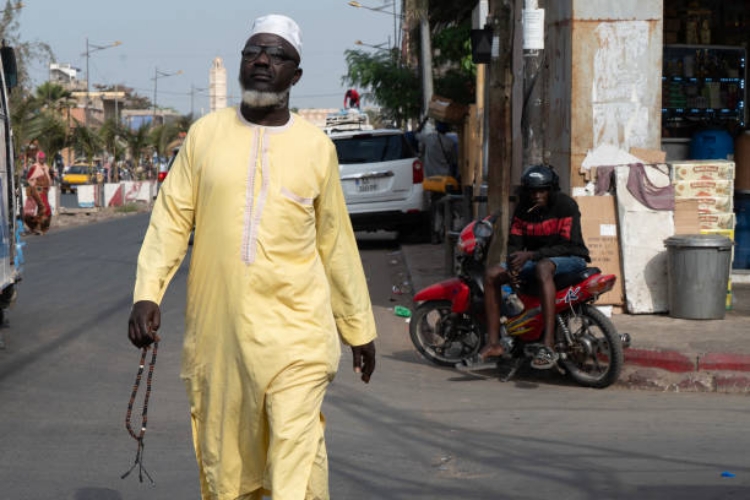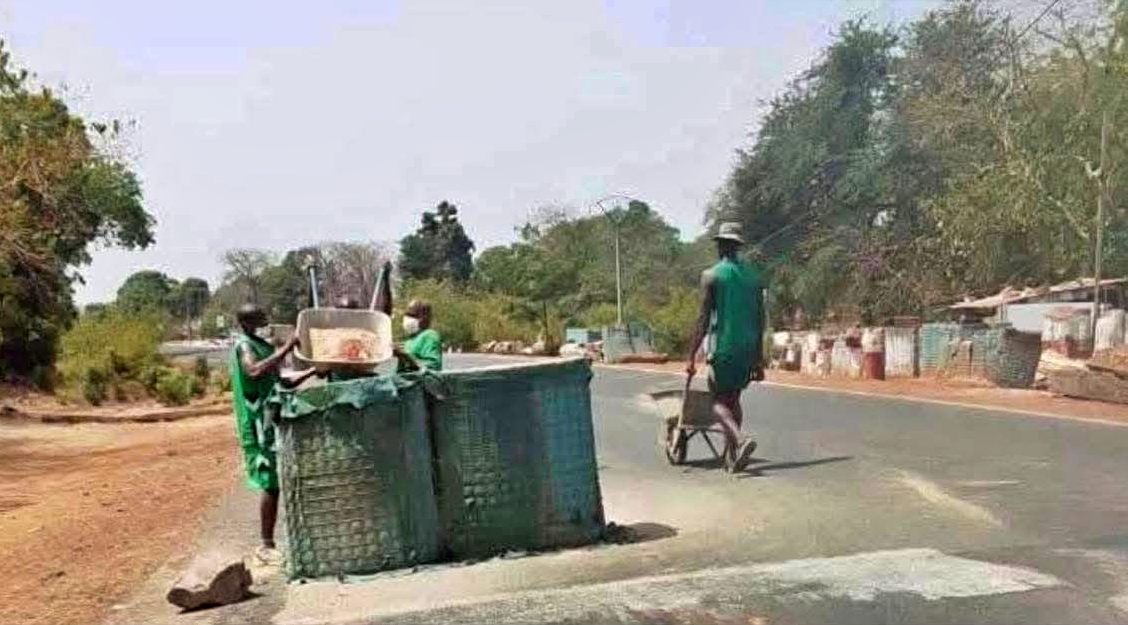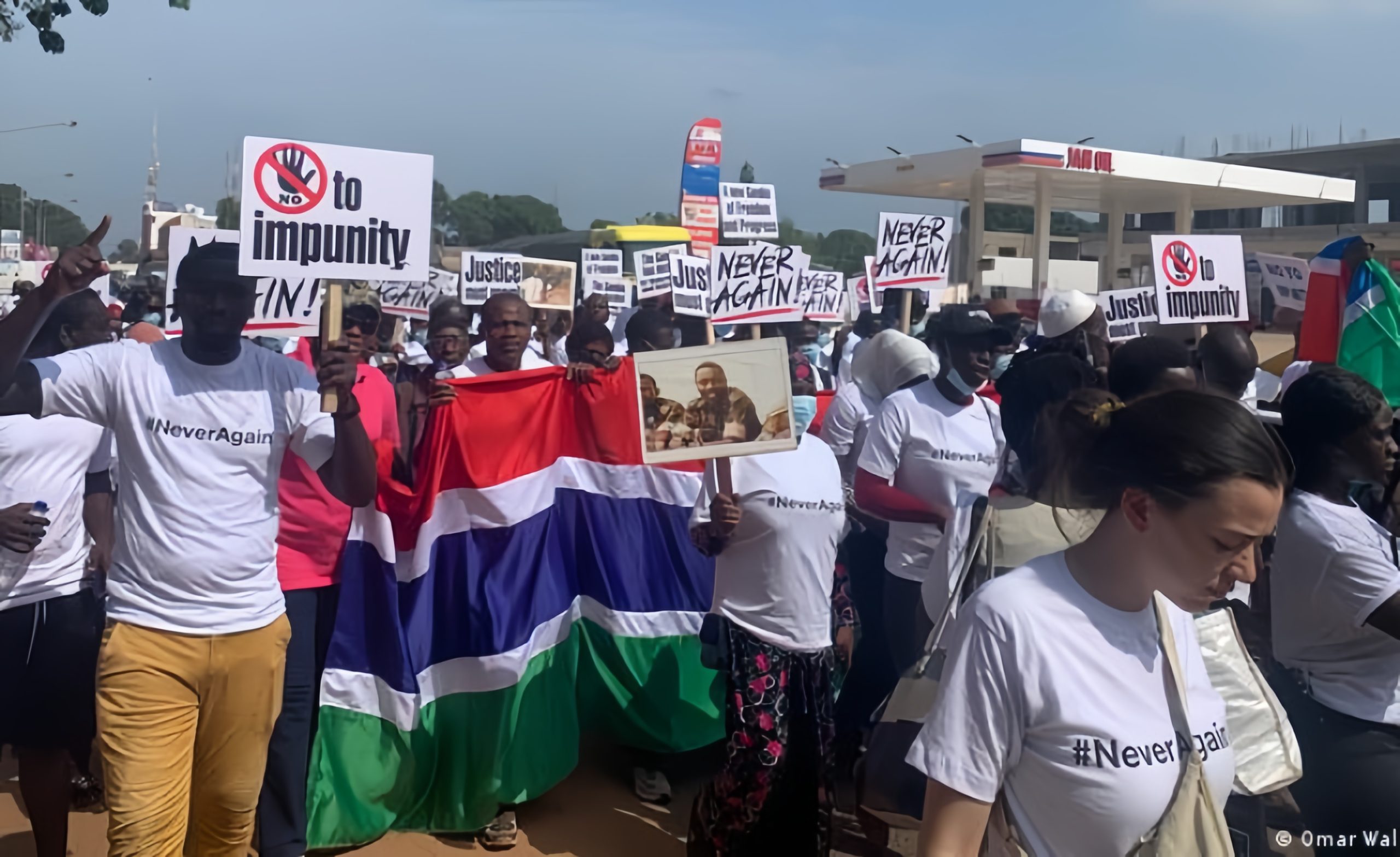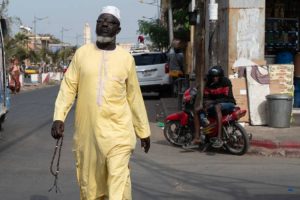Gambiaj.com – (BANJUL, The Gambia) – Every act is a seed. Some are planted in anger, others in love. Time may bury them, but one day, each will rise. For the harvest never lies.
In an earlier reflection, I wrote that when destruction becomes the mission, destruction becomes the end. This meditation deepens that thought. Every action—noble or harmful—is a seed, and time is the patient harvester. What we sow in anger, pride, compassion, or sincerity will one day return to us. The harvest never lies.
Life keeps its own balance. Every deed, every choice, and every silence leaves a mark. Some seeds blossom into blessings; others grow into regret. But time reveals them all. In the end, the harvest never lies.
The principle that we reap what we sow runs across every faith and culture. In the Holy Qur’an, Allah tells us, “Whoever does an atom’s weight of good will see it, and whoever does an atom’s weight of evil will see it.” (Surah Az-Zalzalah 99:7–8).
The Bible echoes, “Do not be deceived; God is not mocked, for whatever one sows, that will he also reap.” (Galatians 6:7).
And long before scriptures were written, our African elders taught: “If you plant kindness, you will harvest respect; if you plant deceit, expect shame.” Their wisdom reminds us that actions never disappear; they only wait for their season.
Our nation’s early years were grounded in unity and hope. But as honesty eroded and public service gave way to personal gain, the cracks began to widen. The attempted coup of 1981 and the upheaval of 1994 were not sudden storms; they were the harvest of seeds long sown—neglect, frustration, and silence in the face of truth.
These were not merely political ruptures—they were reflections of what had been allowed to grow in our institutions: the corrosion of integrity and the decay of accountability. History speaks softly, but the present always answers.
We must also remember April 2000, when young Gambians marched for justice and met bullets instead. Sixteen students fell that day. Their deaths marked a debt that weighed on our national conscience. Years later, as testimonies and trials unfolded, we were again confronted with ourselves. The wheel of justice may turn slowly, but it turns still.
Even now, the moral order continues to reveal itself. Figures once seen as untouchable now face accountability. Properties once claimed as private wealth now stir public scrutiny.
Old practices once defended by tradition reveal their tragic costs, as seen in the preventable loss of a child. These moments remind us that wrongdoing does not vanish; it waits. They are not curses from fate but lessons from consequences. Life returns what it is given.
Among the seeds we plant, few poison the soil as deeply as envy and indiscipline. Envy clouds judgment and turns neighbors into rivals. Indiscipline weakens both leaders and followers, fraying the very fabric of society.
Too often, we see people unfamiliar with one another, fueled by rumor, racing to tear each other down, as if another’s fall could lift their own standing. These are the weeds choking our national garden. If we do not uproot them, promise becomes rivalry and progress becomes bitterness.
As our nation continues its journey of truth, justice, and reform, we are reminded that healing begins when we plant honesty where fear once grew. Rebuilding trust in our institutions—from land to law, from governance to public service—requires conscience. Reform without conscience is a harvest without roots.
From our history, a few lessons are clear:
First: Truth delayed is not truth denied. It will always find its moment.
Second: Silence in the face of wrongdoing is not neutrality; it is participation.
Third: No society can outgrow its conscience. We may ignore it, but it never forgets.
These are national lessons, but also deeply personal ones. For nations are built from the souls of their people.
So we must ask: What seeds are we planting today? In leadership, in our homes, in our workplaces, in our faith communities? Every choice shapes tomorrow. When leaders sow truth, they reap trust. When parents sow patience, they reap peace. When citizens sow respect, they reap stability.
The Gambia’s soil is rich, not only with river clay and sand, but also with spirit. What we plant in it will determine what our children inherit. The conscience of a nation, like its soil, must be tended. If we plant truth, mercy, and service, our harvest will honor us.
For the harvest never lies. Time may cover the seed, but it never forgets it. Let us plant with care so that when tomorrow ripens, it nourishes our children with peace, not regret.











2 Responses
You are right that we need to resuscitate the values and principles of our forefathers. Values that build character and integrity. Principles that will instill morality and humanity in our children. Because, for too long we have let our desires for material gain and worldly success to lead us to the occurrences of 1981 and 1994.
‘What comes around goes around’